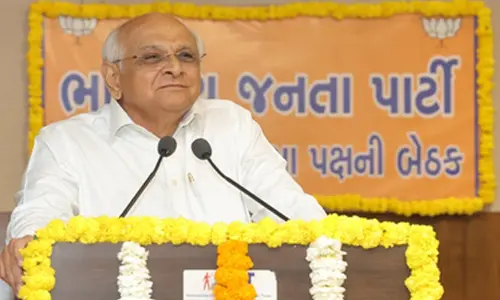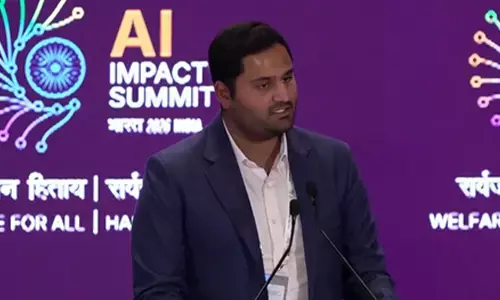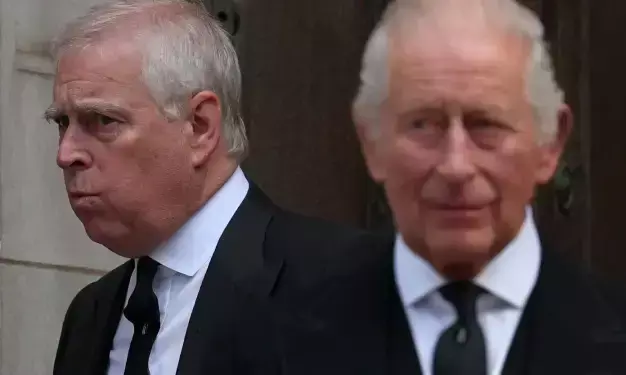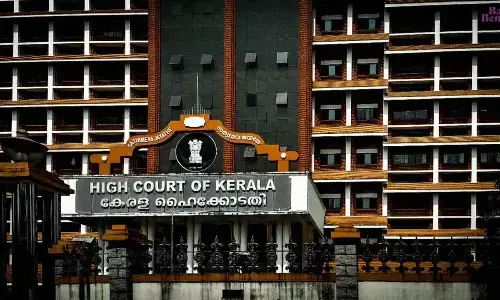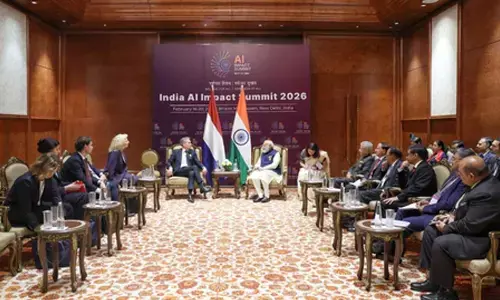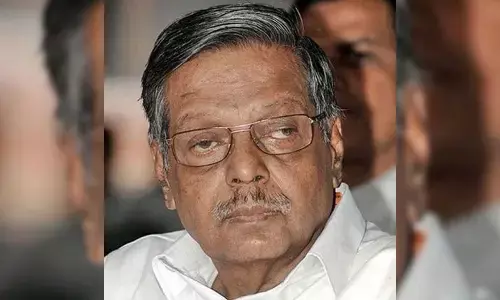Pre-arrest bail to be granted in extraordinary cases: Delhi Court
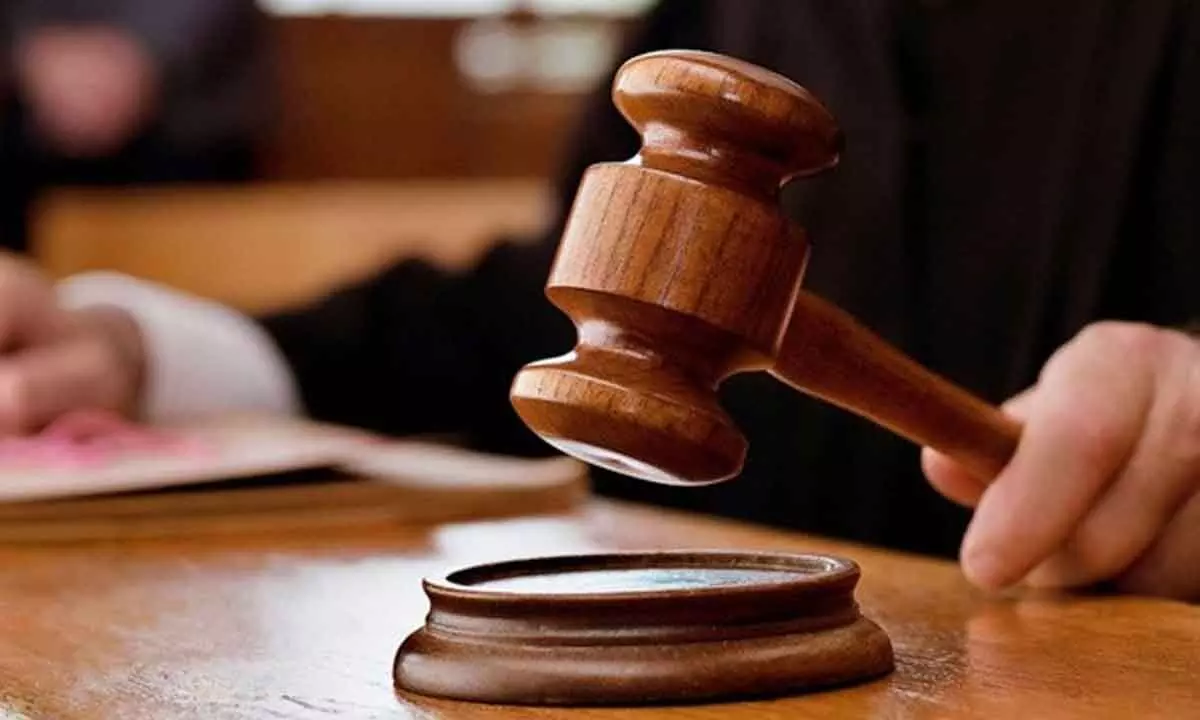
New Delhi: A Delhi court has denied pre-arrest bail to a man accused of involvement in organised cybercrime, saying anticipatory bail was an extraordinary remedy and is to be given only in extraordinary cases.
Vacation Judge Aparna Swami dismissed the application filed by Shivam Kumar, and directed him to join the investigation. “Anticipatory bail is an extraordinary remedy and is to be given only in extraordinary cases.
The present (case) does not warrant the same and thus, in light of the above discussion, I do not find this to be a fit case for grant of anticipatory bail,” the judge said in an order passed on June 12.
The court noted the case involved around 600 victims who were cheated of Rs 4.47 crore. The court also noted cyber police of seven states had issued notices for freezing the bank account of the company of the accused. “This being an economic offence, it must be dealt with sternly in the matter of bail... For the case to be taken to its logical end, it requires detailed investigation, which in turn is dependent on sustained interrogation of the applicant/accused,” the judge said.
The accused had sought anticipatory bail, claiming he was only a director in the company and had no role in the offence. He alleged he was falsely implicated in the case. The prosecution opposed the application on the ground that an amount of Rs 14 lakh cheated from the victims was yet to be recovered and his custodial interrogation was needed to unearth the conspiracy.
According to the prosecution, Rs 14 lakh of the cheated amount was transferred to the bank account of the company where the applicant was one of the directors. An FIR was lodged under various sections including 420 (cheating) and 120B (criminal conspiracy) of IPC. The prosecution claimed the accused had not joined the investigation despite notice and also switched off his mobile phone.


